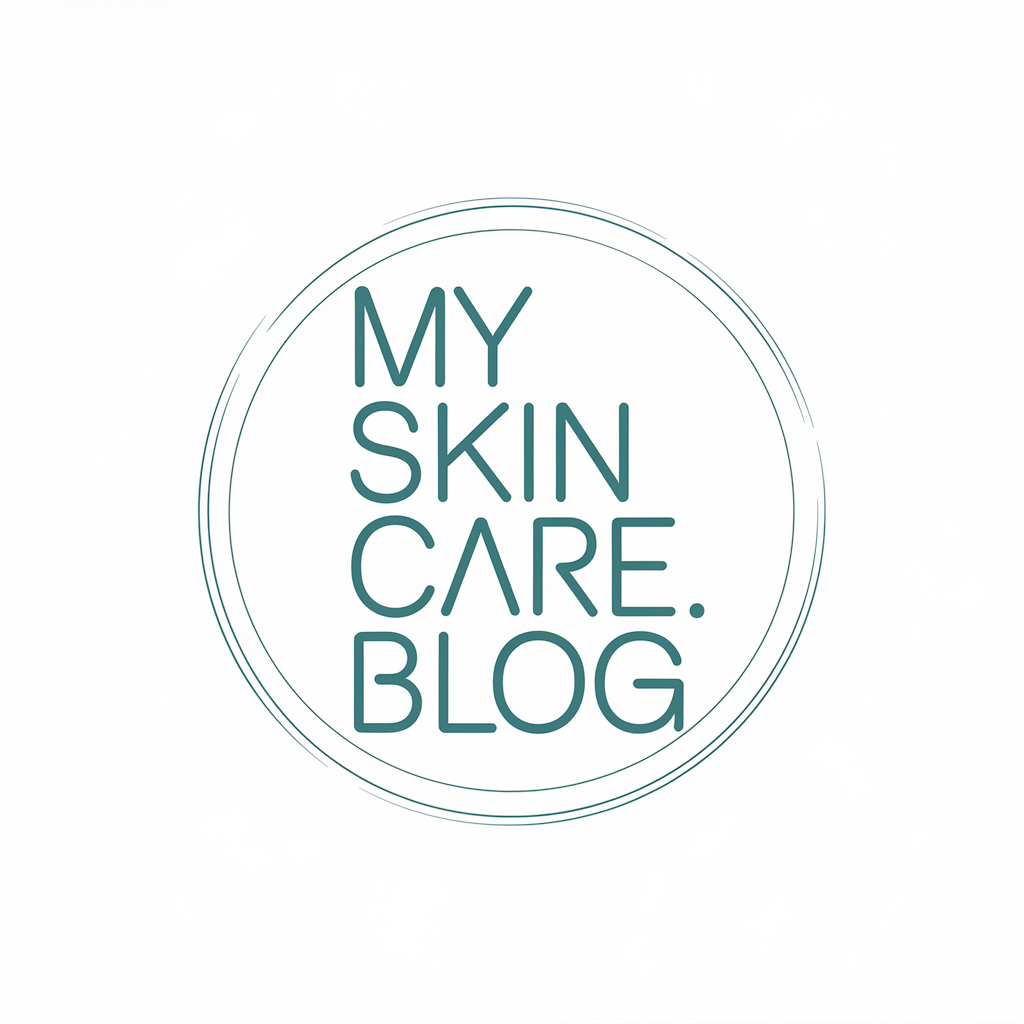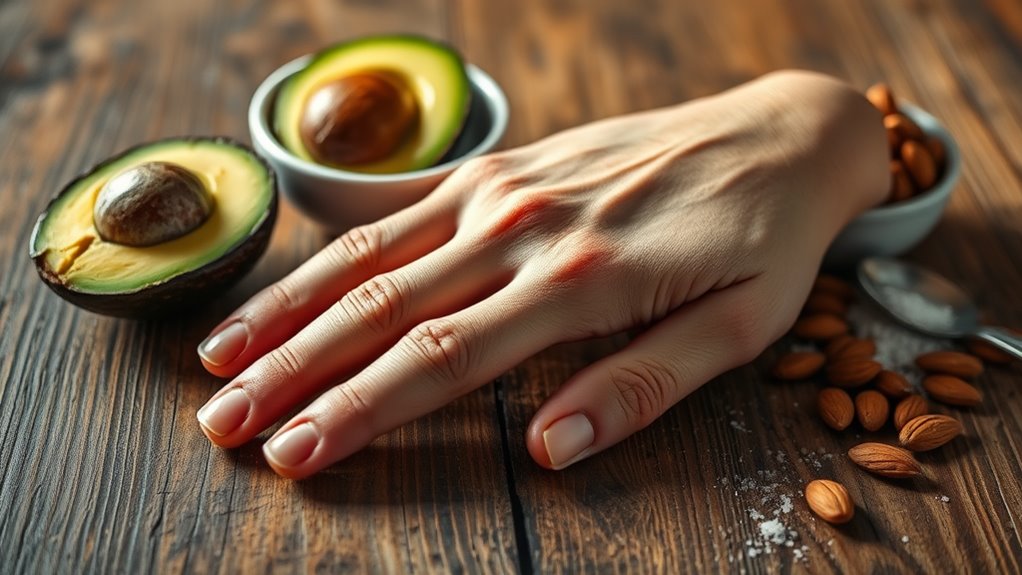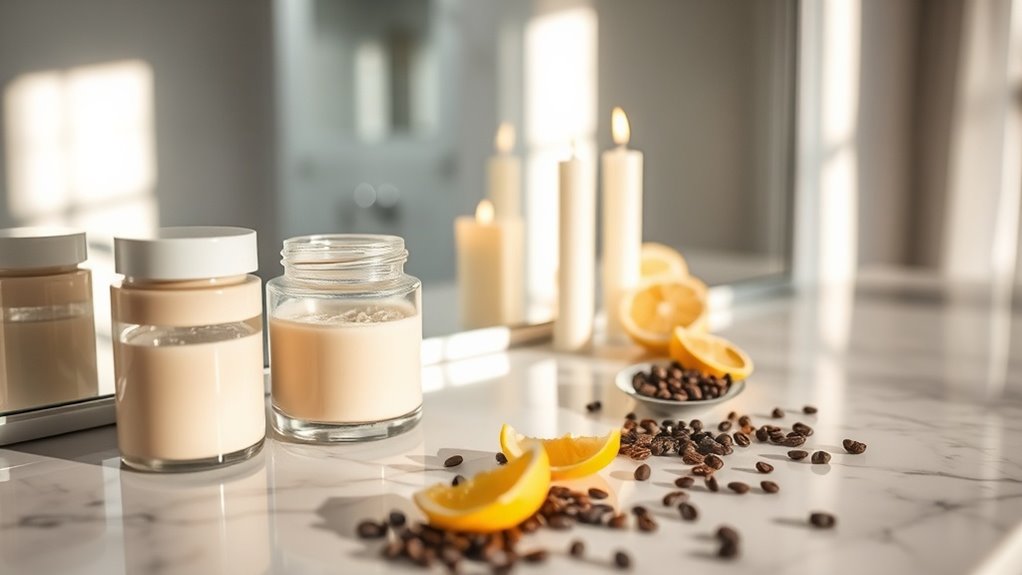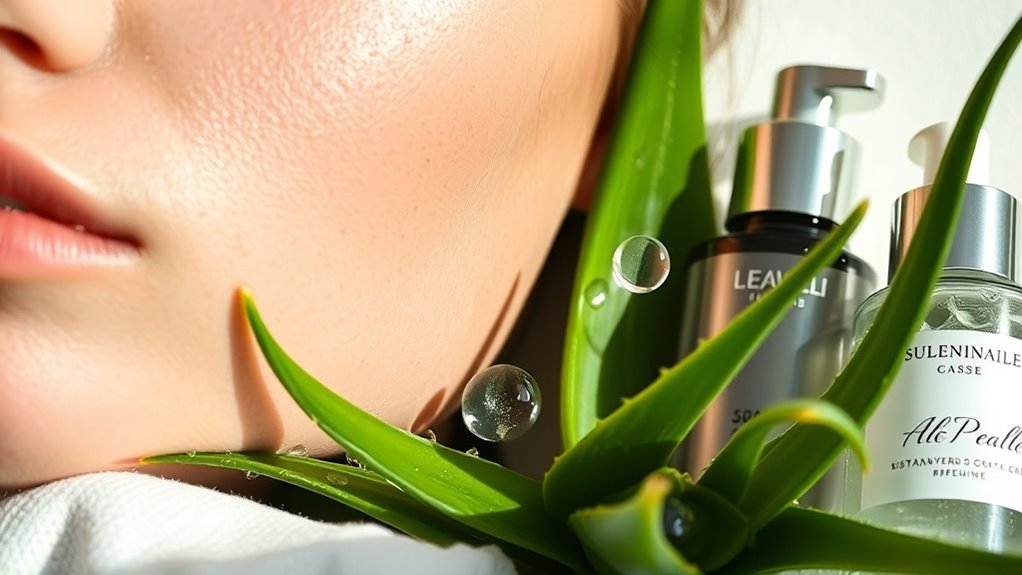Dealing With Dry Skin. These 3 Foods Could Be the Problem
If you’re struggling with dry skin, it might be time to evaluate your diet. Certain foods can trigger inflammation and dehydration, exacerbating skin issues. Dairy products can contribute to skin flakiness, processed sugars may damage collagen, and alcohol can severely impair your skin’s moisture barrier. Understanding the impact of these dietary choices could lead to significant improvements in your skin’s health and hydration. What changes might make a difference for you?
Key Takeaways
- Dairy products may trigger inflammation and decrease hydration, leading to dry skin for some individuals.
- Processed sugars can damage collagen, increase inflammation, and worsen skin clarity and dryness.
- Alcohol consumption dehydrates the body, impairing skin moisture and exacerbating dryness.
- Inflammation from dairy, sugar, and alcohol can accelerate skin aging and worsen dryness.
- Reducing or eliminating these foods may improve skin texture and hydration levels.
Dairy Products
[Dairy products, such as milk, cheese, and yogurt, can contribute to dry skin in some individuals.
If you’re struggling with dry skin, it’s worth examining your dry skin diet for dairy consumption.
Research indicates that lactose and casein in dairy may trigger inflammation or allergic reactions, leading to skin dryness.
Additionally, dairy can affect your body’s hydration levels, further exacerbating dryness.
Consider eliminating or reducing dairy products from your diet and monitor your skin’s response.
You might find that your skin improves noticeably by adjusting your dry skin diet, promoting better hydration and overall skin health. Furthermore, many individuals have found that removing dairy products from their diet can lead to significant improvements in skin texture and hydration.
Processed Sugars
How can processed sugars impact your skin health?
Consuming high amounts of processed sugars can lead to inflammation and glycation, where sugar molecules attach to proteins, damaging collagen and elastin.
This process accelerates skin aging and may exacerbate dryness.
Elevated blood sugar levels also trigger insulin spikes, potentially increasing oil production and leading to skin issues.
Research indicates that diets high in processed sugars are linked to a higher prevalence of skin conditions such as acne and eczema. Additionally, scientifically-proven food triggers suggest that reducing sugar intake can significantly improve skin clarity and overall health.
Alcohol Consumption
What impact does alcohol consumption have on your skin health?
Alcohol dehydrates your body, leading to reduced moisture levels in your skin. This can result in dryness, flakiness, and a dull complexion.
Additionally, alcohol can impair your liver function, which is essential for detoxifying your body, potentially exacerbating skin issues.
Chronic consumption may also induce inflammation, contributing to conditions like eczema and rosacea.
Additionally, alcohol can disrupt sleep patterns, further affecting skin regeneration. Moreover, dehydrated skin can result from insufficient water intake, making it crucial to stay hydrated while consuming alcohol.
To maintain ideal skin health, consider moderating your alcohol intake and hydrating adequately to support your skin’s natural barrier and moisture retention.





